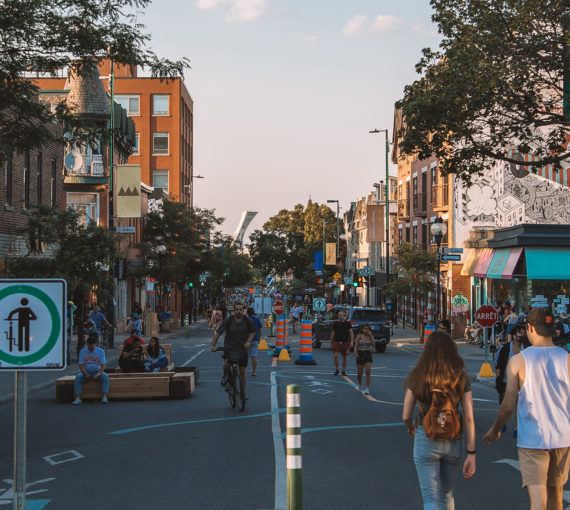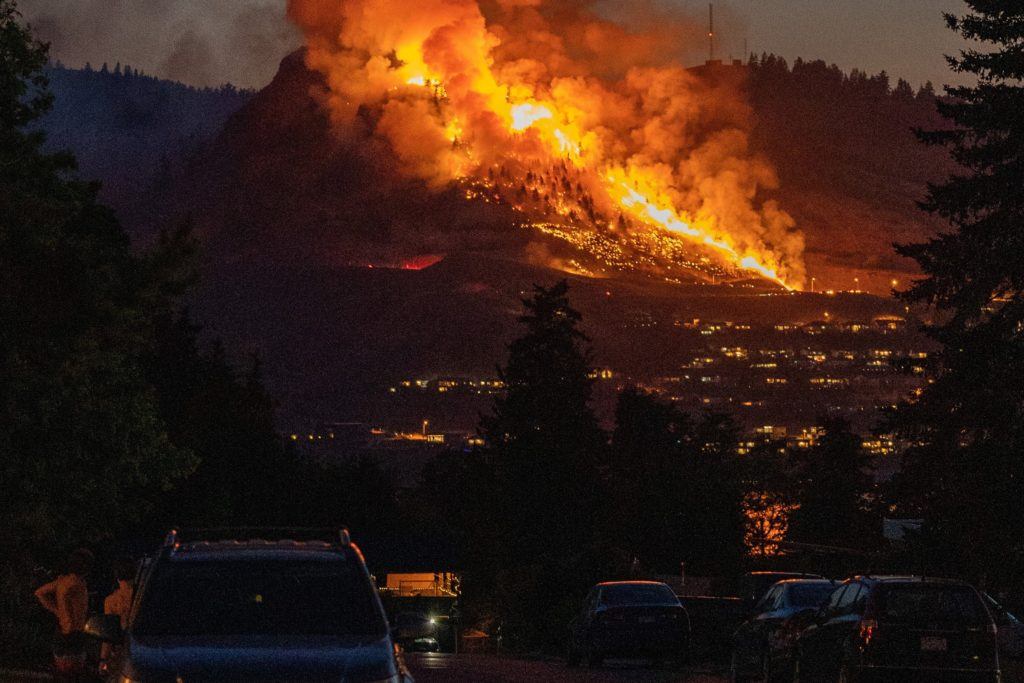
Climate-related impacts are unprecedented and intensifying. To implement the rapid systemic change that is required, we call on the BC government to declare a climate emergency. (Photo: Gavin Phillips @ItsGavP)
An urgent call to the B.C. Government
Three years ago, B.C. was known as a climate leader. But its current climate plan doesn’t address the escalating emergency.
We call on the B.C. government to recognize the alarm that people are feeling as the climate crisis directly impacts communities and our health. Deadly heat waves, floods, wildfires and costly infrastructure damage — these climate-related impacts are unprecedented and intensifying. The CleanBC climate action plan is insufficient to limit warming to 1.5 C and avert the worst impacts of climate change. We need urgent and bold action that responds to the climate emergency and recognizes the interconnected climate, ecological and social crises; embeds equity and social justice at its core; and upholds Indigenous title and rights.
Following a devastating summer when wildfires, heat domes and more were felt throughout the province, it’s time for B.C. to treat climate change like the emergency it is. Do more, faster and execute without delay the missing parts of the climate plan. B.C. can’t afford to turn its back on climate leadership.
Ian Bruce, Deputy Executive Director
10 actions the BC government can implement
To respond to the climate emergency, the B.C. government must act quickly to undertake these actions and implement the rest of the climate plan:
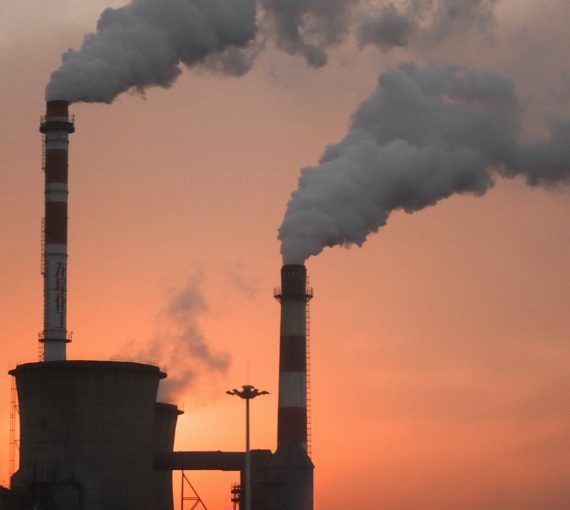
1. Set binding climate pollution targets based on science and justice
Reduce B.C.’s greenhouse gas emissions by ~7.5 per cent per year below 2007 levels. Set binding reduction targets of 15 per cent by 2023; 30 per cent by 2025; 60 per cent by 2030 and 100 per cent by 2040 (below 2007 levels).
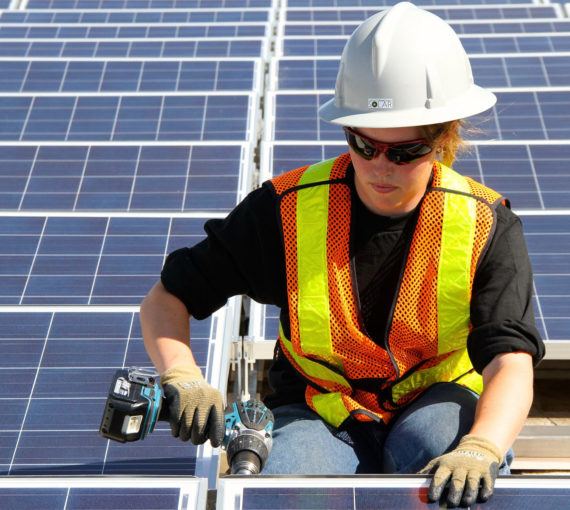
2. Invest in a thriving, regenerative, zero emissions economy
Invest two per cent of B.C.’s GDP ($6 billion per year) to advance the zero emissions economy and create tens of thousands of good jobs.
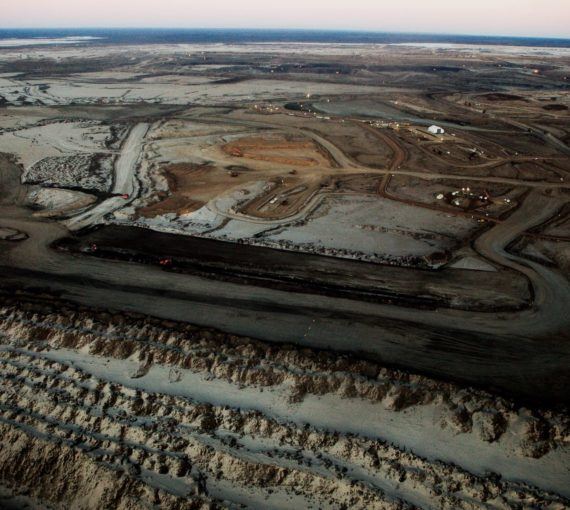
3. Rapidly wind down all fossil fuel production and use
Immediately stop all new fossil fuel infrastructure including fracking, oil and gas pipelines, liquefied natural gas and fossil fuel–derived hydrogen. Rapidly phase out and decommission all existing fossil fuel production and exports.

4. End fossil fuel subsidies and make polluters pay
End all fossil fuel subsidies and financial incentives by 2022. Ensure that those industries that profit from fossil fuel pollution pay their fair share of the resulting climate damage.
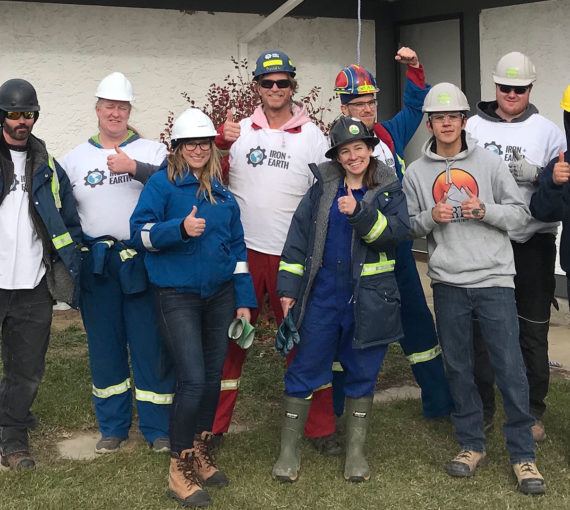
5. Leave no one behind
Ensure a just transition for fossil fuel workers, resource-dependent communities and Indigenous and remote communities affected by fossil fuel production.
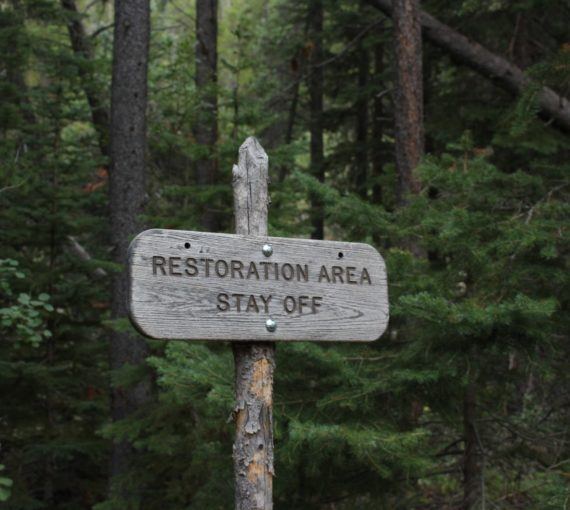
6. Protect and restore nature
Protect 30 per cent of terrestrial and marine ecosystems by 2030; support and invest in Indigenous-led conservation initiatives; restore natural ecosystems, preserve biodiversity, increase carbon sequestration and improve human and ecosystem resilience to climate impacts. Impose an immediate moratorium on the industrial logging of all old growth forests, which are critical carbon sinks.

7. Invest in local, organic, regenerative agriculture and food systems
Incentivize carbon storage in soil, restore biodiversity and ensure food sovereignty and food security throughout the province. Increase consumption of plant-based foods, and reduce food waste. Support Indigenous communities that wish to maintain traditional food systems and enhance their food security.
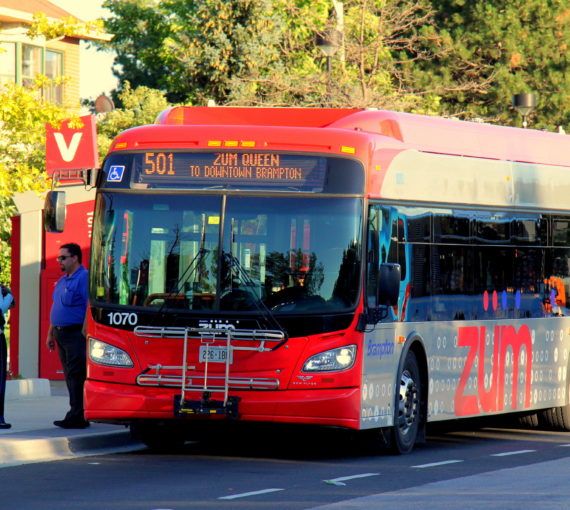
8. Accelerate the transition to zero emission transportation
Invest in affordable, accessible and convenient public transit within and between all communities. Reallocate infrastructure funds from highway expansion to transit and active transportation (cycling, rolling and walking). Mandate zero emissions for all new light vehicles by 2027, and all medium and heavy-duty vehicles by 2030.
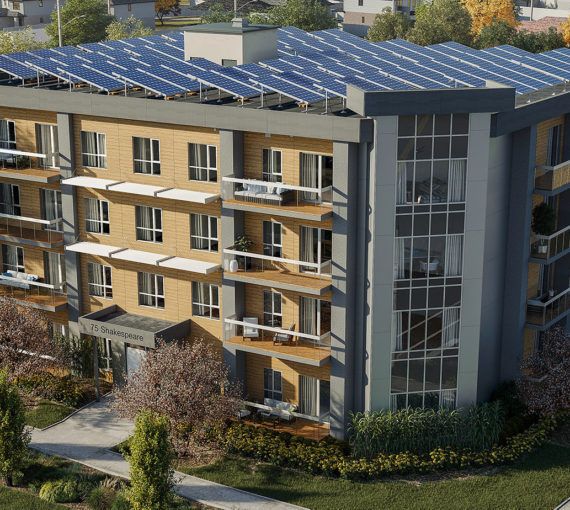
9. Accelerate the transition to zero emission buildings
Ban new natural gas connections to all new and existing buildings by end of 2022. Create a Crown corporation to mobilize the workforce to retrofit all existing buildings and eliminate fossil fuel heating by 2035, and to build new affordable zero emissions buildings.

10. Track and report progress on these actions every year
Embed all of these actions in legislation to ensure accountability, transparency and inclusion. Establish rolling five-year carbon budgets that decline over time toward zero emissions by 2040 or sooner.
The climate emergency offers an opportunity to generate new, vibrant economic and social wealth as we transform where our energy comes from and how it is used.
Every person, business, industry and government has a role to play. Let’s make sure British Columbia does its part.
Tell the government to deliver on its climate plan
B.C.’s climate leadership is in jeopardy. The B.C. government must urgently and boldly respond to climate change as the emergency requires.

